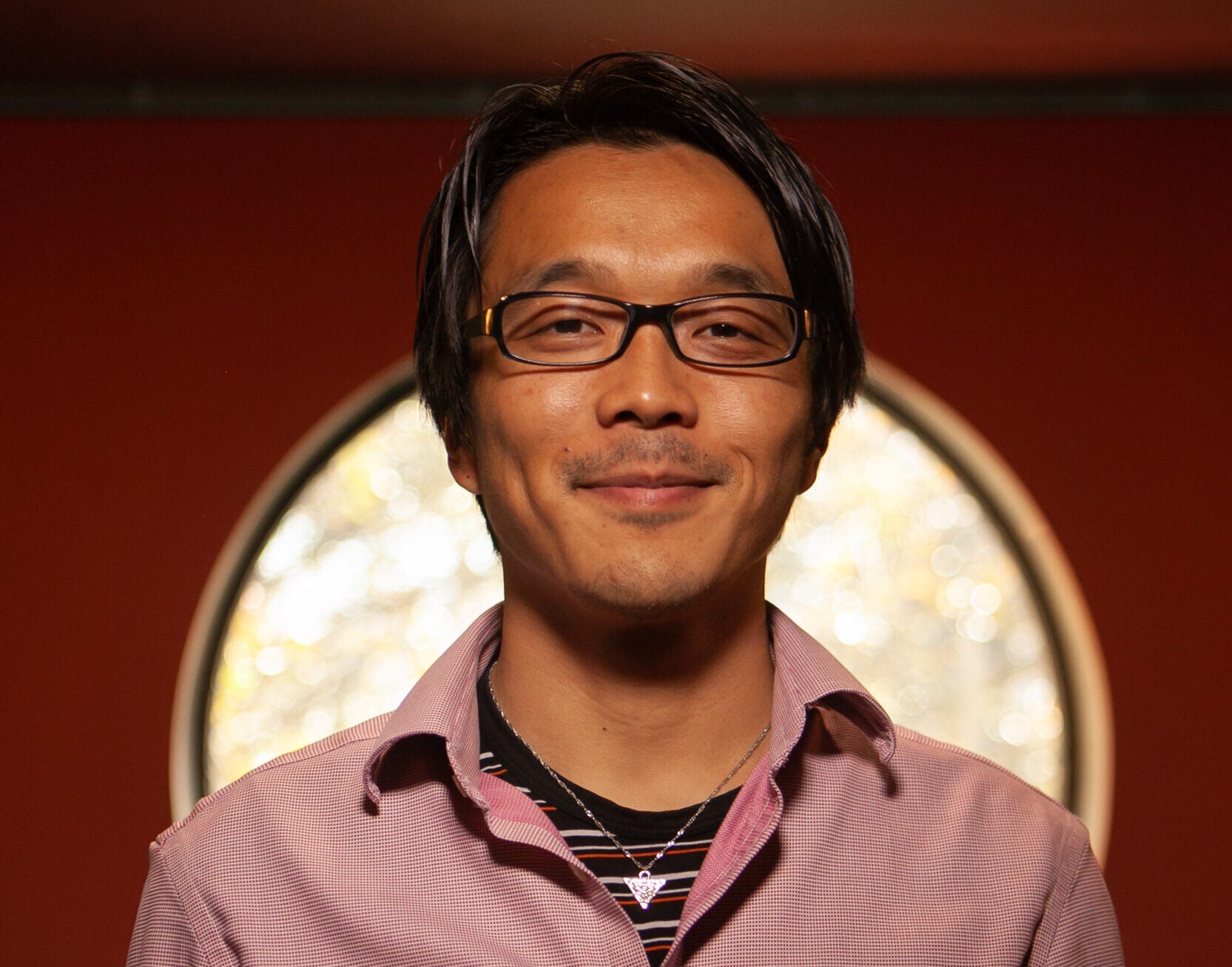URI Graduate School of Oceanography assistant professor Keisuke Inomura is one of four in the nation to receive a 2023 Simons Early Career Investigator in Aquatic Microbial Ecology and Evolution Award.
The purpose of this annual award is to help launch the careers of outstanding investigators in the fields of microbial ecology and evolution in marine or natural freshwater systems, who will advance our understanding through experiments, modeling or theory.
Microbes inhabit and sustain habitats on Earth. In both marine and freshwater systems, microbes capture solar energy, catalyze biogeochemical transformations of important elements, produce and consume greenhouse gasses and provide the base of the food web.
“I am grateful for this funding from the Simons Foundation, which I will use to answer fundamental questions in earth science,” said Inomura. “Specifically, how do macromolecules impact microbial ecology, biogeochemistry and climate? Macromolecules are large-sized molecules such as protein, lipid, carbohydrate, DNA and RNA. Each macromolecule has unique chemical, physical and biological properties, yet the roles of these molecules in the ocean are not clear. Our team will use ocean models simulating macromolecules to address this gap in our knowledge.”
As a child, Inomura was fascinated by SimEarth, a video game that allowed players to control the atmospheric composition of carbon dioxide, nitrogen and oxygen gasses, impacting global temperatures and life on Earth, including microorganisms. Today, he uses models to simulate the global ocean and its residing microbiology.
Inomura’s laboratory, the Quantitative Microbiology Group, tackles questions using a computer model of microbial cells called a Cell Flux Model (CFM). The model can be used to quantitatively analyze laboratory and observational data, and can be incorporated into ecological and biogeochemical models, from regional to global scales.
The Simons Foundation award will allow Inomura to hire scientists to contribute to his research, expand computational tools, travel for collaborative meetings and conferences and publish his findings.
“The most significant portion of my funding will be used to support new scientists in my laboratory,” said Inomura. “These scientists will expand upon their skills by leading multiple related projects and developing and using cutting-edge ocean macromolecular models.”

